Chinese approach to retirement changing
Updated: 2015-11-02 09:13
By AMY HE in New York(China Daily USA)
|
||||||||
When Aegis Living broke ground for its new Asian culture senior housing facility in Washington state, it was a near 100-degree day in July, and CEO Dwayne Clark expected no more than a handful of people in the audience.
Instead, more than 300 people showed up, including former US ambassador to China Gary Locke. "There was that much interest in that kind of program," Clark said.
The $50 million facility in the town of Newcastle 12 miles outside of Seattle isn't set to open until 2017, but interest in the retirement home from both the local Chinese community and abroad has been immense so far, he said.
Aegis Living, a housing chain with two-dozen assisted-care facilities across Washington state, California and Nevada, doesn't usually receive room deposits until facilities are one or two months away from opening, Clark said, but the Newcastle facility began receiving deposits from local community members four years before the groundbreaking and is already about 15 percent pre-leased.
"Our Cantonese- and/or Mandarin-speaking staff will provide care assistance 24 hours a day, safety and security systems, a licensed nurse, transportation and daily social activities," says Aegis' website.
There is an upfront fee of anywhere between $12,000 to $50,000 for the rooms, and then a monthly sum for rent and care, which could be about $4,000 to $8,000 a month, though the figure varies depending on the level of care and may be subject to change in the two years before the facility opens, Clark said.
Since the project's announcement, he said there has been an "exaggerated" level of interest from China, with buyers expressing interest in buying out the entire project or looking at the project as a safe harbor to invest their money in.
"I had one guy who said, ‘Can I buy into the project?' "No, you can't buy into the project, but you can put a deposit down." He goes, ‘What if I pre-paid you three years of my mom's rent now?' I said, "Why would you do that?" and he goes, ‘If there is a rent increase, I would at least get the benefit of not getting those rent increases if I paid the rent,' " Clark recalled.
Units haven't been sold to anyone offshore yet, but Clark said he expects about 20 to 25 percent of the project will end up being sold to interested parties in China.
The interest in retirement homes reflects a slowly changing attitude toward elderly care by the Chinese, who along with other Asian ethnic groups, have long viewed the care of elderly parents as the sole responsibility of the children, senior care experts said.
"We have a new generation of people, people who are working women. They're going to college, they're going to universities," Clark said, "and they want to put their credentials to work, and usually it's the first-born daughter or first-born daughter-in-law that's traditionally taking care of mom or dad. They don't want to do that anymore."
Sam Wan is executive director at Kin On Health Care Center in Seattle, a 100-bed facility that he says is always full. The elderly who live at Kin On are mostly Chinese who rely on Medicare and Medicaid — US federal programs that provide health coverage to people 65 and older — who have their monthly assisted care programs available through subsidies. The amount the elderly pay out of pocket can vary from as little as $50 to close to $1,000.
"When we first started, we were the only choice for seniors if they needed help and cannot be by themselves at home," Wan said. "But now there are more housing options, and when people have more options," sending the elderly to nursing homes becomes more acceptable, he said.
The idea of putting elders or loved ones in nursing homes is a "huge barrier, huge hurdle to overcome," said Daphne Kwok, vice president of engagement with Asian-American and Pacific Islander strategy at AARP. "We know that to be able to take care of our own is what we've grown up to understand, and that's just part of our every day life too."
Research shows that the Asian community is almost twice as likely as the general American population to take care of elders. About 70 percent of Asians believe that they should be doing or should have done more for their parents, compared with 48 percent of the general public, according to a nationwide study conducted by AARP on caregiving among Asian American and Pacific Islanders.
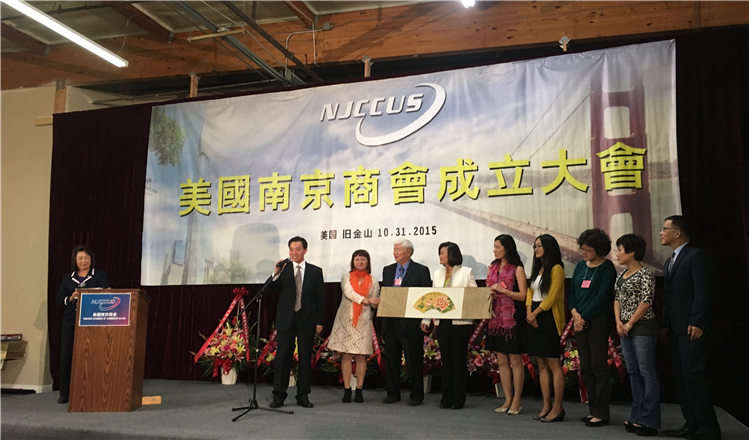
 Nanjing Chamber of Commerce sets up in Silicon Valley
Nanjing Chamber of Commerce sets up in Silicon Valley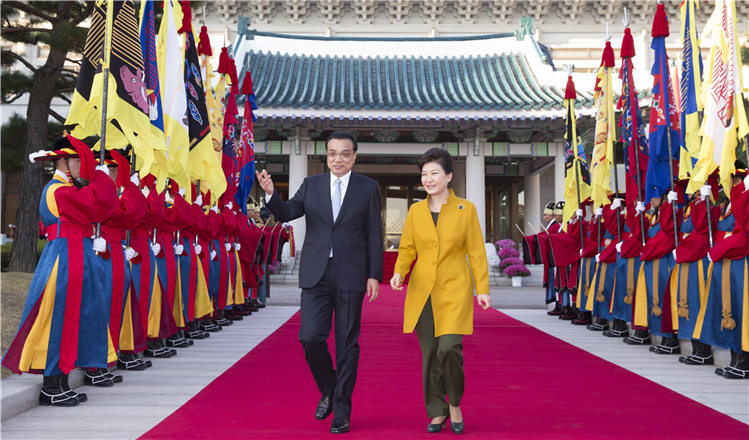
 South Korean President welcomes Premier Li Keqiang
South Korean President welcomes Premier Li Keqiang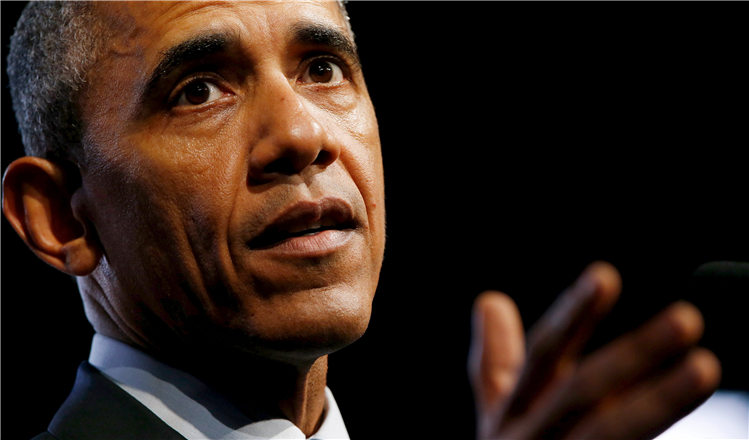
 US sending special forces to Syria
US sending special forces to Syria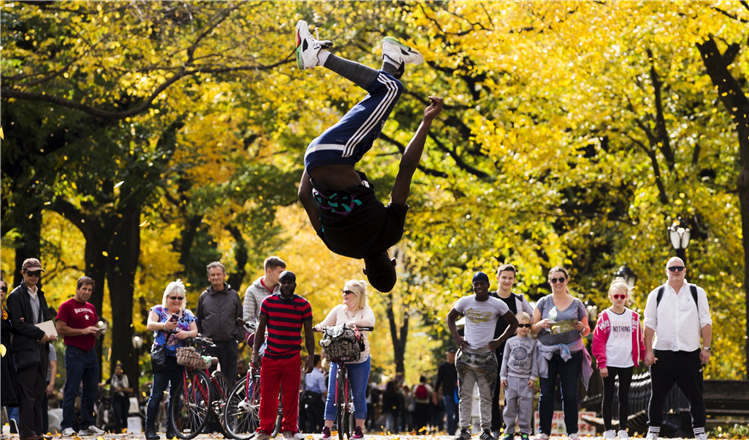
 Afternoon delight
Afternoon delight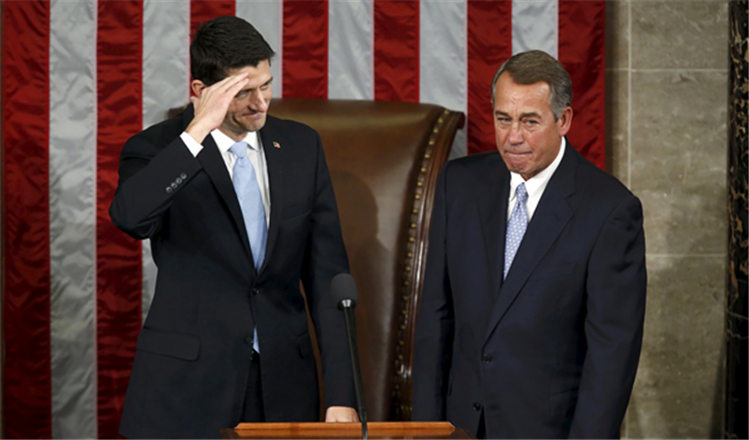
 New chapter in the House
New chapter in the House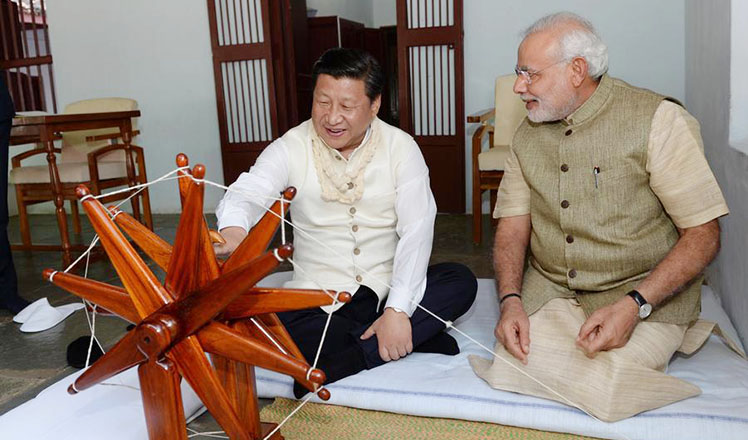
 'Hometown diplomacy' between Chinese and foreign leaders
'Hometown diplomacy' between Chinese and foreign leaders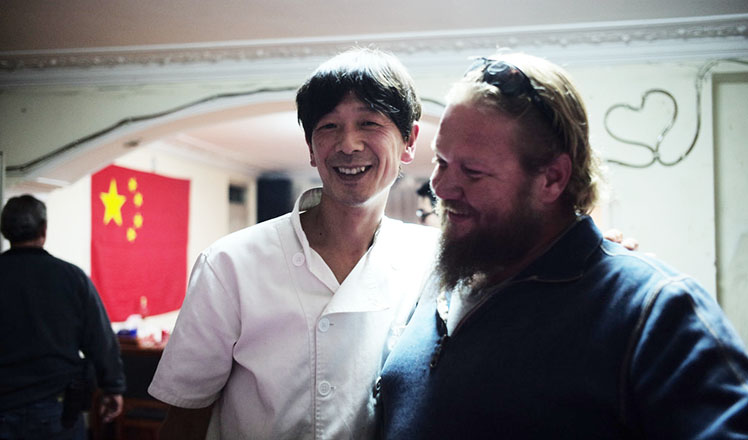
 A Chinese cook in Afghanistan
A Chinese cook in Afghanistan
 Two Koreas hold joint football match for national reunification
Two Koreas hold joint football match for national reunification
Most Viewed
Editor's Picks

|

|

|

|

|

|
Today's Top News
Tu first Chinese to win Nobel Prize in Medicine
Huntsman says Sino-US relationship needs common goals
Xi pledges $2 billion to help developing countries
Young people from US look forward to Xi's state visit: Survey
US to accept more refugees than planned
Li calls on State-owned firms to tap more global markets
Apple's iOS App Store suffers first major attack
Japan enacts new security laws to overturn postwar pacifism
US Weekly

|

|








